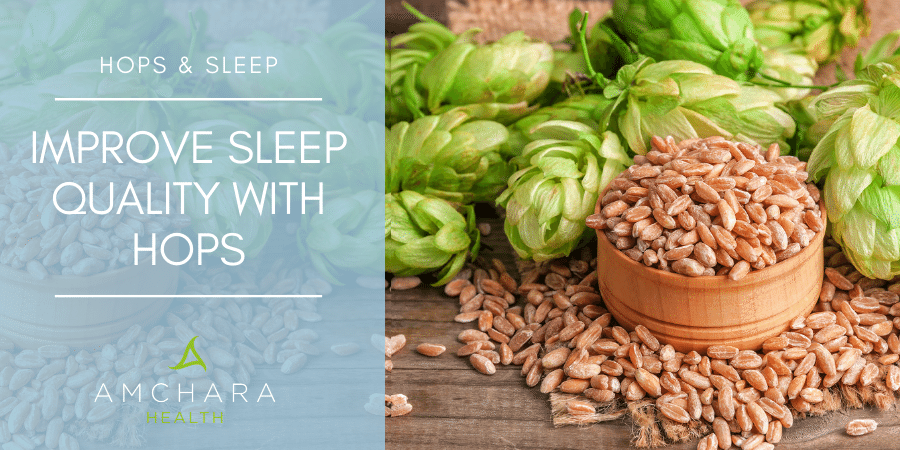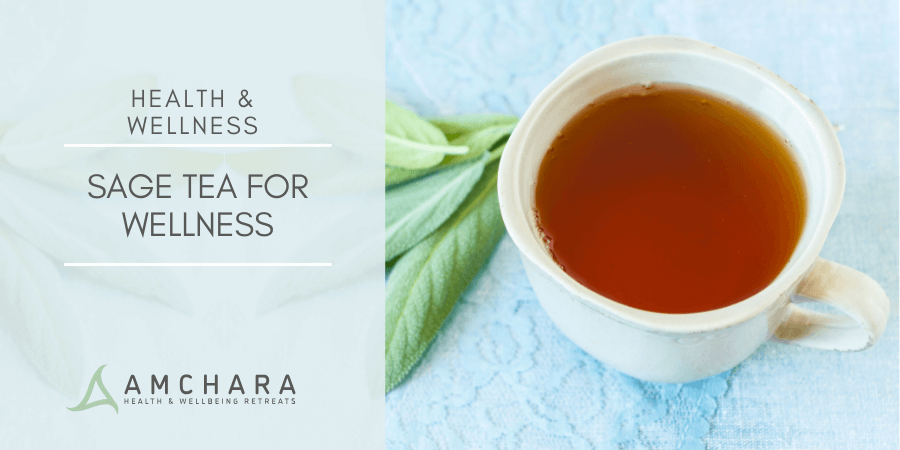Topics Covered in this article:
If you’re trying to find natural ways to fall asleep and stay asleep, hops could be the answer.
The most important natural source of hop compounds in the human diet is beer.
However, if you’re watching your alcohol intake you don’t have to succumb to traditional beer because it seems the sedative effects have been demonstrated for non-alcoholic beer too.
We always take an evidence-based approach and in this article we’ll discuss what hops are, their historical use and what gives them their sleep enhancing benefits.
What are Hops?
Humulus lupus (hops) is a dioecious, perennial vine belonging to the Cannabaceae (hemp) family, which grows vigorously 20-35 feet each year.
Humulus lupus has grown wild since ancient times and is thought to have originated in China and subsequently migrated to other parts of Asia, North America and Europe.
Besides the common hop there are two other species, which include Humulus japonicus and Humulus yunnanensis, but it is only the Humulus lupulus that is of importance to the health industry.
Humulus lupulus is well known globally as the raw material for brewing.
The delicate female flowers, known as hop cones or ‘hops’, mature in late summer and are used to add bitterness, flavour, and aroma to beer.
The hops are rich in polyphenolic compounds and acyl phloroglucides, which act as natural preservatives and give beer its characteristic aroma and flavour. (1)
Traditional Uses
The use of hops as a medicinal plant dates back at least 2000 years. (2)
In ancient times the young shoots were eaten as a vegetable and the dried flowers were mainly recommended by Chinese medicine practitioners for the treatment of sleeping disorders, as a mild sedative, and for their slight narcotic effect in the treatment of toothache and neuralgia.
In India, the Ayurvedic Pharmacopoeia recommends hops for restlessness associated with headaches and nervous tension and reports its actions as hypnotic, sedative and antibacterial.
The traditional use of hops as a mild sedative originated from the fatigue and sleepiness observed in hop-pickers, which was thought to be due to the transfer of hop resin from their hands to their mouths.
Since the 19th century, plant therapy has focused on the beneficial effects of hops against sleeplessness.
Modern herbal medicine practitioners continue to use hops as a sedative and mild hypnotic.
The German Commission E has approved hops for the treatment of mood disturbances, such as restlessness and anxiety as well as sleep disturbances. (5)
Active Constituents in Hops
The majority of hops’ medicinal actions have been attributed to its flavonoid constituents.
Flavonoids are composed of different chemical classes such as flavones, isoflavones, flavonols, flavanols, flavanones, and chalcones.
Flavonoids found in hops are shown to have endocrine properties, with high oestrogenic activity, and have also exhibited numerous anti-cancer effects.
Hops also contain bitter acids, essential for brewing and one of these, Humulon, has been used as an antibiotic and antifungal agent.
The antimicrobial activity of Humulon is used primarily for preserving beer. (3)
The bitter compounds derived from hops, together with the hop oil, may be responsible for its sedative activities.
The Sedative Effect of Hops
There is considerable interest in the health benefits of plants used in traditional medicine and scientists have shown particular interest in hops. As a result, a significant number of articles have been published.
The effect of humulus extracts on the central nervous system and in particular its efficacy in sleeping disturbances has been repetitively studied in laboratory animals, which have demonstrated sedative activity and increased sleeping time. (4)
Basic research on the effects of hops in humans has identified some positive outcomes for their application as a therapeutic aid for sleep. (6)
However, the use of hops in the healthy human population has generally been investigated in combination with other sleep-inducing herbs such as valerian.
Several studies have looked at utilising this combination as a strategy for alleviating insomnia.
The combination of hops with valerian is thought to act on adenosine receptors in the brain, which play an important role in sleep regulation.
In three small human trials hops were shown to improve sleep, one in particular found that the sleep-inducing effects of hops was comparable to that of a medically prescribed sedative drug. (2)
A recent clinical trial, involving thirty participants with insomnia, observed the effects of a valerian-hops combination over a period of 4 weeks, compared to a placebo and valerian only.
Results from the trial showed that the valerian-hops combination was significantly superior for reducing the time it took to fall asleep (sleep latency) and extending slow-wave sleep duration compared to valerian alone, which did not improve sleep latency relative to placebo. (6)
Hops may have an indirect effect on sleep by reducing stress and anxiety.
The results from a study by Christou A et al. (2017) found that daily supplementation with hops significantly improved the reported symptoms of depression, anxiety and stress amongst otherwise healthy young adults. (9)
How Do Hops Work?
Even though hops are traditionally used as a therapy for insomnia, anxiety and nervousness, their sleep promoting and sedative actions are poorly understood.
Some studies have shown that Humulus extract affects serotonin, a neurotransmitter involved in the sleep/wake cycle. (7)
Moreover, serotonin is also involved in the synthesis of melatonin, an endocrine agent that regulates the circadian rhythms, and can promote sleep onset and sleep maintenance.
Hops are also known to influence GABA (Gamma Aminobutyric Acid) neurotransmitters by regulating their activity.
It is well established that activating GABA receptors favours sleep. (8)
GABA prevents excitatory neurotransmitters such as adrenalin from being fully effective.
This inhibitory action enables the body and mind to relax and fall asleep, and to sleep soundly throughout the night.
Supplements
Hops are available from most health food shops in powder form, capsules and tinctures.
You can also buy whole dried flowers, which can be made into a bedtime drink, so if you’re not a lover of beer you can still benefit from the sedative properties of hops.
If insomnia is getting you down and you feel you need more guidance and support, a consultation with one of Amchara’s Personalised Health practitioners will give you the opportunity to investigate what may be the root cause of your sleep issues.
If you have some top tips for promoting restful sleep, why not share them?
We’d love to hear your comments.
READ THIS NEXT:
- Vitamin D: A Safe And Natural Way To Sleep
- Could a Ketogenic approach to nutrition improve your sleep?
- St John’s Wort: Anxiety Depression And Insomnia
- Enhancing Your Sleep Quality With Magnesium
- Top Ten Tryptophan Foods To Help You Sleep
- 14 Ways To Sleep Better Naturally
- Sleep: The Impact on Hormones and Your Health




